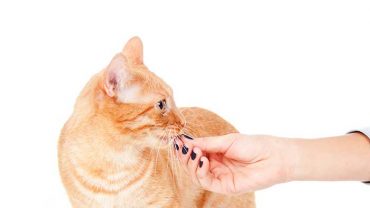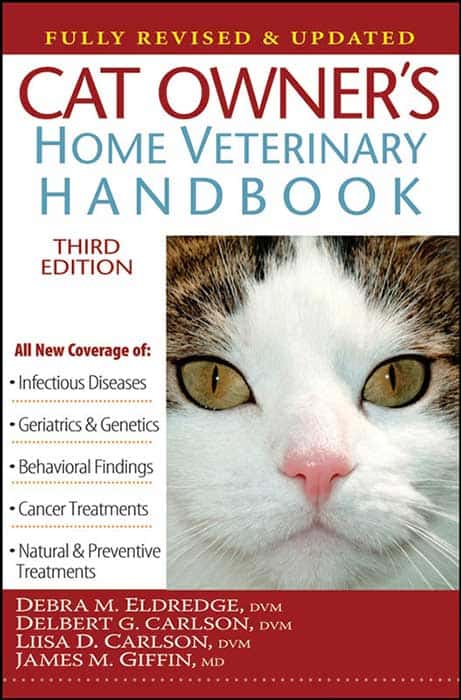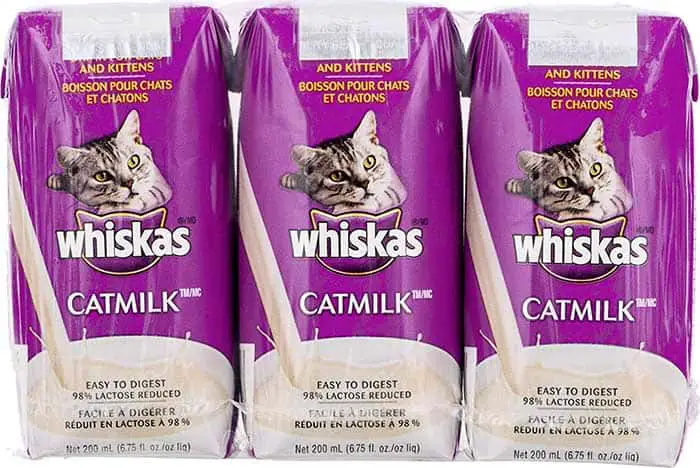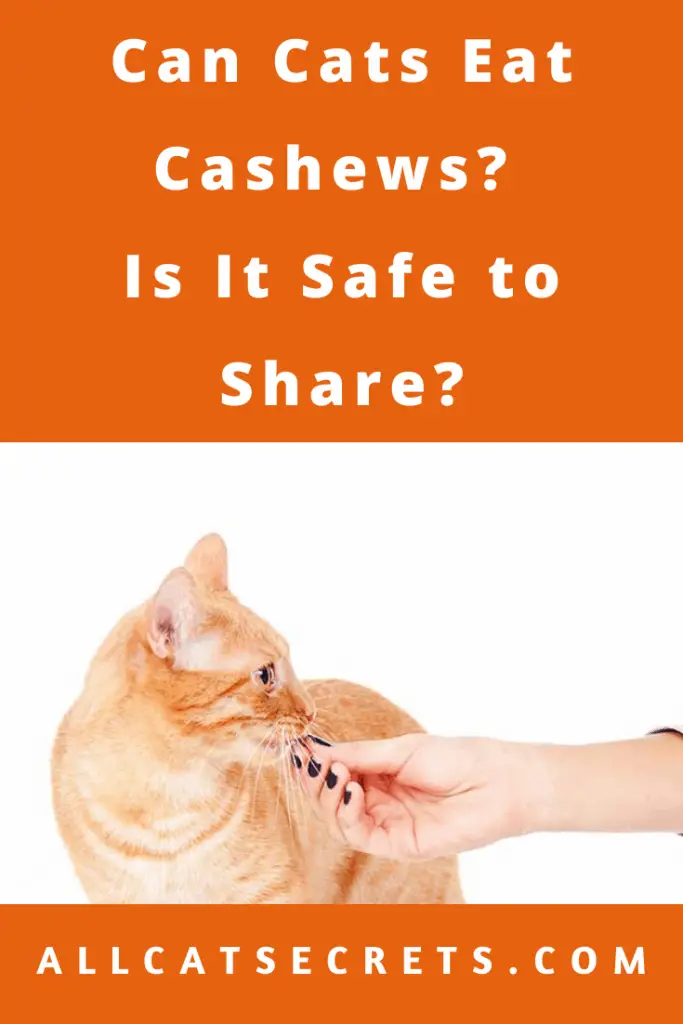Can Cats Eat Cashews?
Cashews are not only delicious, but experts also recommend them for their incredible nutritional value.
Cashews also come with a trademark smell, pleasant enough to pique the interest of your kitto and have it going gaga at the prospect of grabbing a bite.
If you frequently eat cashews, you must have observed that your feline friend often comes begging for the food. Sometimes, even sneaking behind your back to try and pop the cashew tin open so it may help itself to this yummy and delectable treat.
As a responsible pet owner, you probably already understand the dangers of offering human foods to our feline friend. So, you might be in a dilemma, asking yourself the all-too-important question, can I give my cat cashews?
The short but resounding answer to that question is no, cats should not have cashews. While cashews are tasty and nutritious for humans, it turns out that these nuts aren’t so great for your feline companion.
And while there are limited studies on cats and cashews, the obvious reason why your feline friend shouldn’t eat cashews is that their digestive systems aren’t designed to process plant matter.
So, are cashews toxic for cats? Well, that will depend on a couple of factors. Most importantly, how much of the food your cat has eaten.
Read on as we dissect the topic to uncover more truths on why cats should not eat cashews and when these nuts might be recommended for them.
Table of Contents
Are Cashews Good For Cats? Unpacking Cashews
Is it okay for cats to eat cashews?
This is one of the most nagging questions among many pet parents. One way to answer the question conclusively is to examine exactly what cashews are.
Cashews, also known as cashew nuts, are nuts that are produced by a tropical tree, which also goes by the same name – cashews.
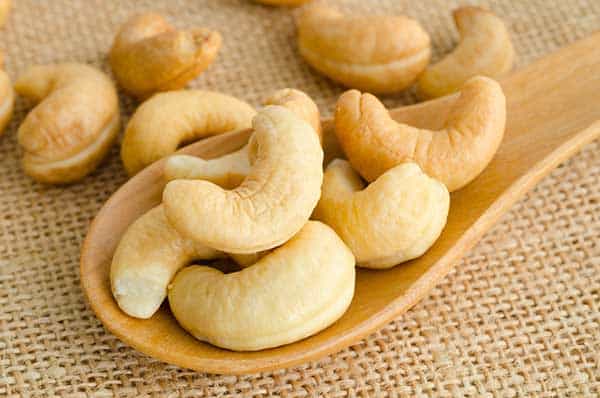
Apart from cashew nuts, the cashews tree also produces cashew apples. However, these apples are less known as they’re almost unuseful outside of the plant’s natural habitat.
One of the greatest selling features of cashew nuts is their rich abundance of healthy fats. There are about 12.4 grams of healthy fat in one ounce of raw cashews.
But besides healthy fat, cashews come with a lot of other benefits for the body. In fact, the nuts are classified among superfoods, frequently ranked alongside other foods like berries, legumes, kales, etc.
The following are some of the notable minerals and vitamins in cashews, along with their relative abundance in one ounce of raw cashews;
- Calories – 157 calories;
- Fiber – 1 g;
- Protein – 5.1 g;
- Carbohydrates – 9.2 g;
- Folate – 7 ug;
- Magnesium – 83 mg;
- Sodium – 3.4 mg;
- Potassium – 187 mg;
- Calcium – 10.4 mg;
- Vitamin E – 0.3 mg;
- Vitamin B-6 – 0.1 mg; and
- Vitamin K – 9.5 mcg
Each of these minerals and vitamins deliver specific dietary and health benefits to the body.
For instance, iron and copper work together to enhance the formation and activity of red blood cells. As a result, they improve the performance of the blood vessels, bones, and nerves, thereby bolstering the overall body immunity.
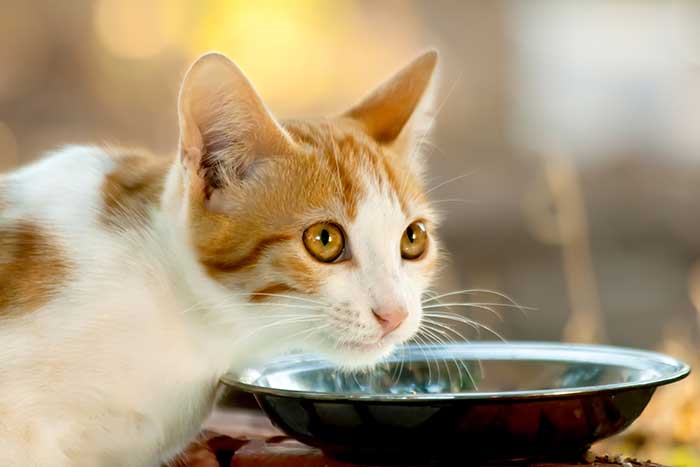
Cashew nuts are also loaded with various powerful antioxidants, such as zeaxanthin and lutein. These antioxidants help to keep a wide spectrum of chronic infections at bay, ranging from heart disease, diabetes, obesity, and cancer.
Also, research indicates that lutein and zeaxanthin work synergistically to improve vision by decreasing susceptibility to cataracts and other vision-related conditions.
And as we already mentioned, the fat that’s found in cashews is considered “good fat.” That means it doesn’t present risks of weight gain. On the contrary, it reduces the occurrence of heart and cardiovascular complications, such as high blood pressure and stroke.
Now, in the face of all these benefits, it’s not unusual to find a cat owner still wondering, are cashews poisonous to cats?
The next section shall explore some of the reasons why, despite their covetous nutritional profile, cashews are still generally discouraged for cats.
Are Cashews Safe For Cats? A Look Into What Could Go Wrong
Are cashews bad for cats?
As we mentioned previously, experts discourage cashews for cats. However, what could possibly go wrong if your kitto helped itself to some cashews behind your back?
The following are some of the reasons why you shouldn’t readily feed cashews to your feline friend.
1. Cats are obligate carnivores
One of the reasons why cashews and cats don’t go hand in hand is that cats are obligate carnivores.
That essentially means that our feline friends can survive exclusively on a diet of animal protein. Unlike humans who must eat a balanced diet comprising of proteins, carbohydrates, and lipids, cats will do just fine on a diet of meat.
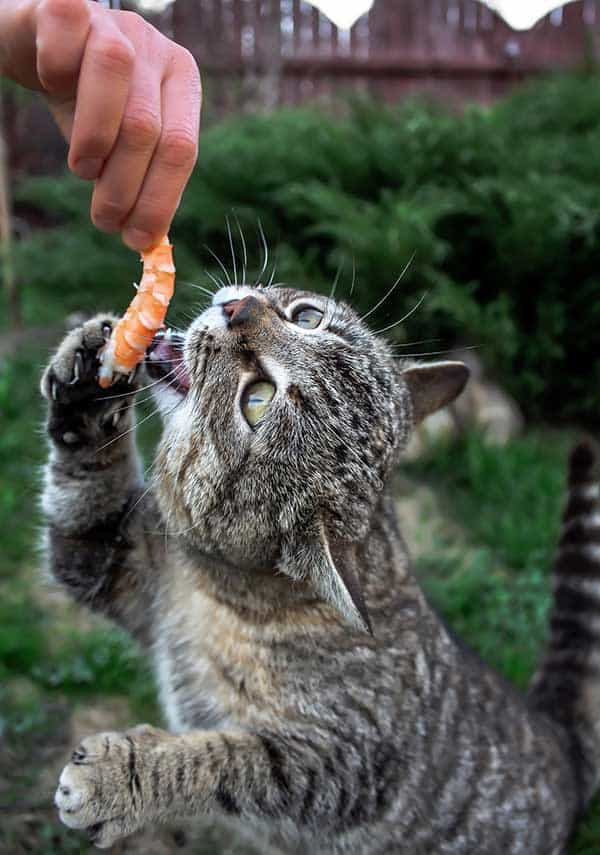
Occasionally, cats tend to break away from the norm by nibbling on plant matter, particularly grass. But in most cases, a cat will eat plant matter only to try and relieve an upset stomach.
Also, even when our feline friends go against their dietary adaptations to nibble on grass, it’s usually no more than a blade or two. You’ll hardly encounter a cat, wild or domestic, happily enjoying nuts.
Remember that cashews, like most other nuts, fruits, and vegetables, are considered “wild” to a cat’s gastrointestinal system. Therefore, eating it might result in complications, such as nausea, vomiting, and diarrhea.
2. Possibly allergic reactions
Nuts are classified among some of the most allergic foods all over the world. Coupled with the fact that your feline friend isn’t used to consuming plant matter, the cat might face a range of allergic reactions upon eating cashew nuts.
Symptoms of an allergy can vary significantly, but they include one or more of the following;
- Runny eyes and/or nose;
- Itchy, dry, and irritating skin;
- Skin rash;
- Labored breathing;
- Inflammation;
- Dehydration;
- Ear infection;
- Loss of hair;
- Irritability, as is shown by behaviors like aggressive licking; and
- Gastrointestinal complications.
3. Issues with cashews’ nutritional profile
Cashews are loaded with lots of “good fats,” but these fats are only “good” to the extent that they’re consumed by humans. When it comes to cats, we’re dealing with a whole new ballgame.
If you review cashews in terms of a balance of their major nutritional elements, it’s observed that the nuts contain more fat, followed by carbohydrates and proteins in that order.
This may be okay for humans. However, cats prefer it when the proportions are the other way around, which means more protein, followed by carbohydrates and reduced fat content.
It’s also worth mentioning that cats almost exclusively rely on proteins that are rich in amino acids. Sadly, the proteins in cashews contain insignificant levels of amino acids.
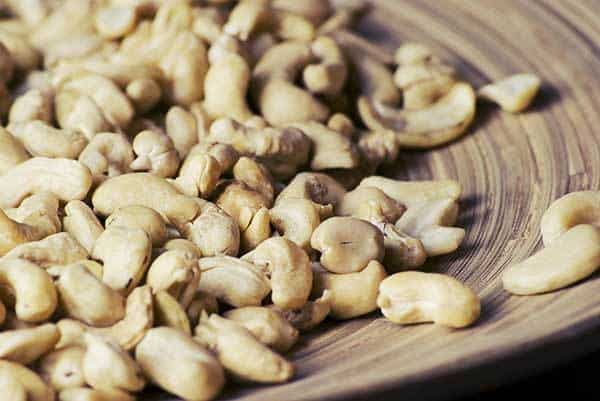
? So, cashews may be loaded with a considerable amount of proteins, alright. However, since these proteins lack sufficient amino acids, they will not benefit your kitto in any way. Even worse, the excess fat content in cashews might lead to pancreatitis.
Pancreatitis refers to a medical condition where the pancreas gets swollen, hence less efficient at carrying out its functions. The pancreas is responsible for secreting various digestive juices and releasing those juices into the digestive tract.
When the organ is swollen, it doesn’t release any of the secreted juices. Instead, the juices turn on the organ and digest the fat content in it, which leads to inflammation. Symptoms of pancreatitis include lethargy, loose stools, nausea, vomiting, and abdominal pains.
4. Choking
Can cats choke on cashews?
Yes, cats can choke on cashew nuts, especially the raw cashews. The small size of these nuts may be tempting. However, considering how hard cashews are, your feline friend may experience a bit of a challenge chewing and swallowing the nuts.
Lastly, cashews are normally roasted, salted, or flavored with excess artificial sweeteners. But can cats eat salted cashews?
Salt, sugar, and other flavorings are all deemed toxic for cats. Excess sugar content is associated with weight gain and cardiovascular conditions.
On the other hand, too much salt may lead to sodium ion poisoning, a fatal condition that manifests in nausea, diarrhea, elevated body temperature, body tremors, and depression.
Other Frequently Asked Questions on Cats and Cashew Nuts
Can cats drink cashew milk?
Cashew milk is an excellent alternative to dairy milk, which causes lactose intolerance in cats. However, the one problem with cashew milk is the method of preparation used, which usually leaves very little nutritional value intact.
So, cats should not drink cashew milk. There are numerous protein-rich, lactose-free milk options that you can give your cat. Examples include the calcium-rich Whiskas Catmilk, the low-fat Cat Sip Real Milk Treat, and the vitamin-rich Kitten Milk Replacer.
Can cats eat raw cashews?
Not recommended. Raw cashews contain lots of salts, sugars, and high fat content. If you’re adamant about feeding cashew nuts to your feline friend, then you’re better off boiling them first.
Can cats eat cashew butter?
Cashew butter is laden with high amounts of fat which makes it unideal for cats.
Can kittens eat cashews?
The digestive and immunity system of kittens isn’t fully developed. As such, whatever is discouraged for adult cats might be even more disastrous for kittens. So, avoid feeding your kittens any cashews for now.
What are the risks of long-term feeding of cashews to cats?
There are numerous long-term effects of feeding cashews to your kitto. First is sodium ion poisoning. We also have risks of heart disease, pancreatitis, and multiple organ failure. Not to mention, certain gastrointestinal complications like chronic diarrhea.
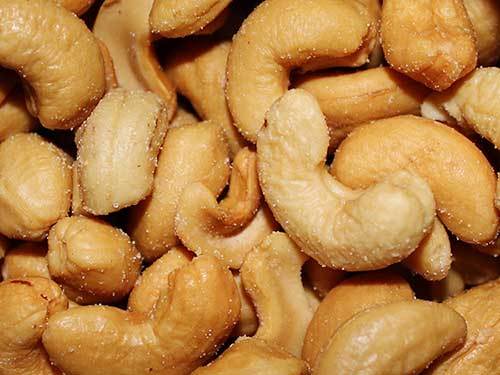
In light of these inherent dangers of cashews, it’s prudent to keep these nuts away from your feline friend.
However, cats have a way of sneaking behind our backs to steal our foods. When that happens, you may be wondering what to do if your cat eats cashew nuts?
Watch out for stomach upset and the numerous gastrointestinal symptoms that we’ve highlighted here. And if you suspect that the amount of cashews eaten could make the cat seriously sick, schedule a visit to the vet as soon as possible.
Are Cashews Safe For Cats?
No, they’re not. First, cashews are packed with lots of ingredients that only benefit humans, not cats. And secondly, the high fat content in these nuts may come with many health concerns. Not to mention, lots of allergic concerns to be wary about.

